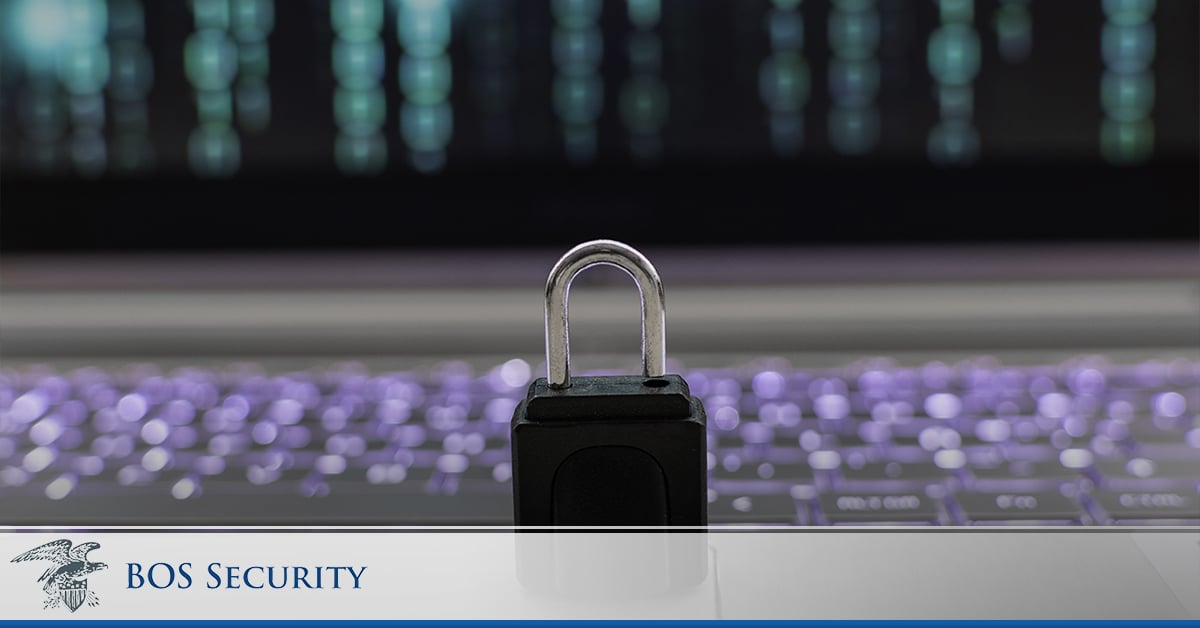One of the best ways to ensure your business’s security is by restricting access to your premises and data according to those you “clear” for access. The government does a particularly good job of segmenting who has access to specific areas and information on a security clearance or need-to-know basis. While your business may not be operating on the critical security levels the government does, it’s still a smart way for security-conscious companies to operate. Here’s an example of how it could work.
First Level – All Access
There may be limited areas of your building where people without ill intent can move freely. It’s not a problem for most businesses if someone pulls into your parking lot to check the air in their tire or a service provider stops in the lobby to drop off a business card. These areas can be open to the public, barring loitering or other issues.
Level Two – Guests
This level can apply to workers or vendors who enter the building. They need to do repairs, installations or attend meetings, but there’s no reason to give them the level of access afforded to employees. They should sign in and be given a pass or escorted by an authorized employee. They should not stray from the areas they are approved for.
Level Three – Staff
This is the clearance level permitted to most employees. They can access the areas and information they need to perform their jobs as well as any public areas. Employers may also restrict access by time and day at this level. You may be fine with an employee having mostly free rein in your building during business hours, but what reason do they have to wander around or even be at their desk outside of working hours. This can be especially problematic if they are hourly workers.
Level Four – Management
Managers and executives can start with the same access as the previous levels. Their access will typically not be time-restricted. They can also be part of the decision-making process regarding access to direct reports. At this level, there needs to be some conversations about access as status and access as a requirement. High-level employees may feed entitled to have full access to every part of the business, but that’s not always wise or necessary. Does your HR director need access to the server room? Should your CFO have control of your security cameras? Think about what’s best for your business. Be conservative about who gets access to your most sensitive materials or information.
Contact BOS Security
If you would like to discuss your security options, contact us today at 404-793-6965 to take advantage of our free Security Needs Assessment.

